FTC sues Texas anesthesiology provider to bust monopoly
The Federal Trade Commission sued U.S. Anesthesia Partners, alleging the company has established monopoly power in key Texas health-care markets.
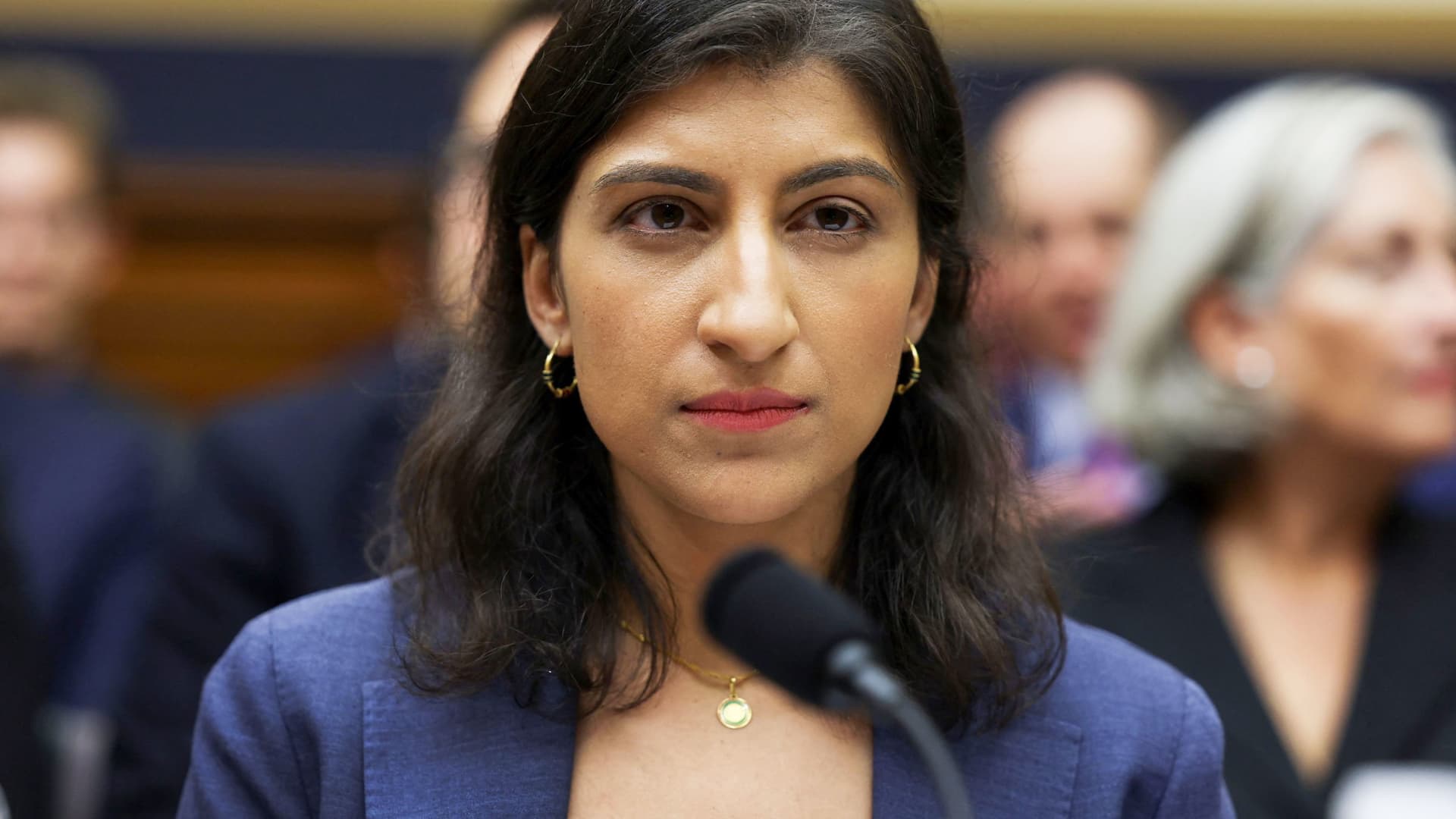
Federal Trade Commission Chair Lina Khan testifies before a House Judiciary Committee hearing on Oversight of the Federal Trade Commission, on Capitol Hill in Washington, D.C., July 13, 2023.
Kevin Wurm | Reuters
The Federal Trade Commission on Thursday sued the largest anesthesiology provider in Texas, claiming the company has wielded monopoly power to drive up prices for patients and boost its profits.
The FTC asked a federal judge in Houston, Texas, to break up U.S. Anesthesia Partners' alleged monopoly power and permanently bar the company from engaging in anti-competitive practices.
The agency claims that New York-based private equity firm Welsh, Carson, Anderson & Stowe founded U.S. Anesthesia Partners in 2012 to pursue an aggressive consolidation strategy that exploited Texas' fragmented market for anesthesiology providers.
The FTC complaint says that Welsh Carson sought to make USAP the dominant provider in Texas by hoovering up the numerous independent practices that previously competed against one another, keeping prices lower.
Welsh Carson and USAP engaged in what the companies called a "roll-up," buying nearly every large anesthesia practice in Texas, according to the complaint.
Since 2013, USAP has grown from 400 anesthesia providers at 45 health-care facilities to 4,500 providers at 1,100 facilities in 2021.
USAP has established monopoly power in Houston and Dallas, the two largest cities in Texas, and a dominant position in Austin, the state's capital, according to the complaint.
The company has used its dominance to raise prices, raking in tens of millions of dollars, the FTC alleges.
USAP is so powerful in Austin, Dallas and Houston that it can raise prices while still gaining market share because it is difficult for competitors to enter the market, and patients typically cannot forgo anesthesia, according to the complaint.
Dr. Derek Schoppa, a USAP board member, told CNBC that the FTC's complaint is based on flawed legal theories and a lack of medical understanding about anesthesiology.
"The FTC's intended outcome threatens to disrupt and restrict patients' equitable access to quality anesthesia care in Texas and will negatively impact the Texas hospitals and health systems that provide care in underserved communities," Schoppa said in a statement.

 Konoly
Konoly 








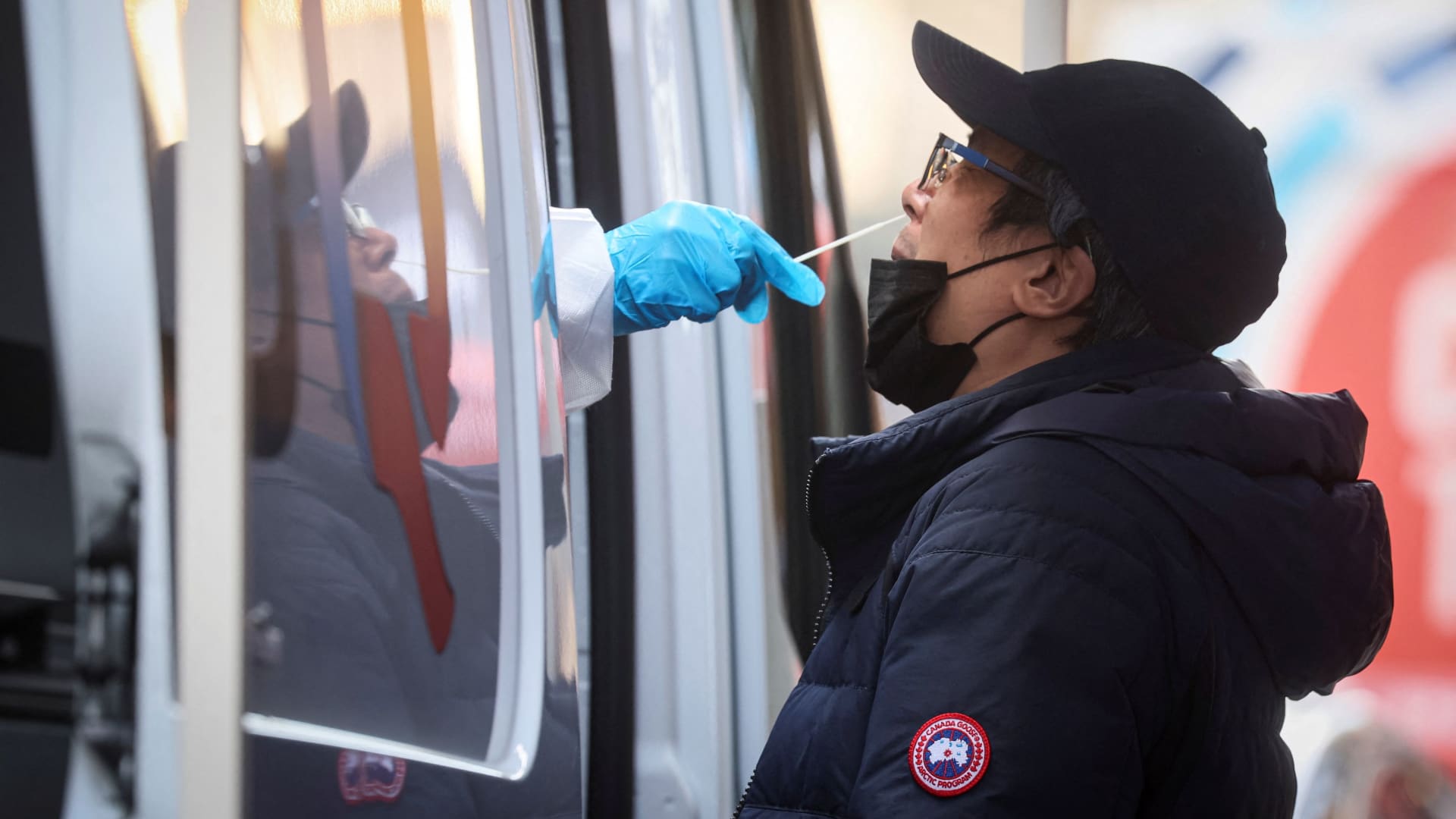
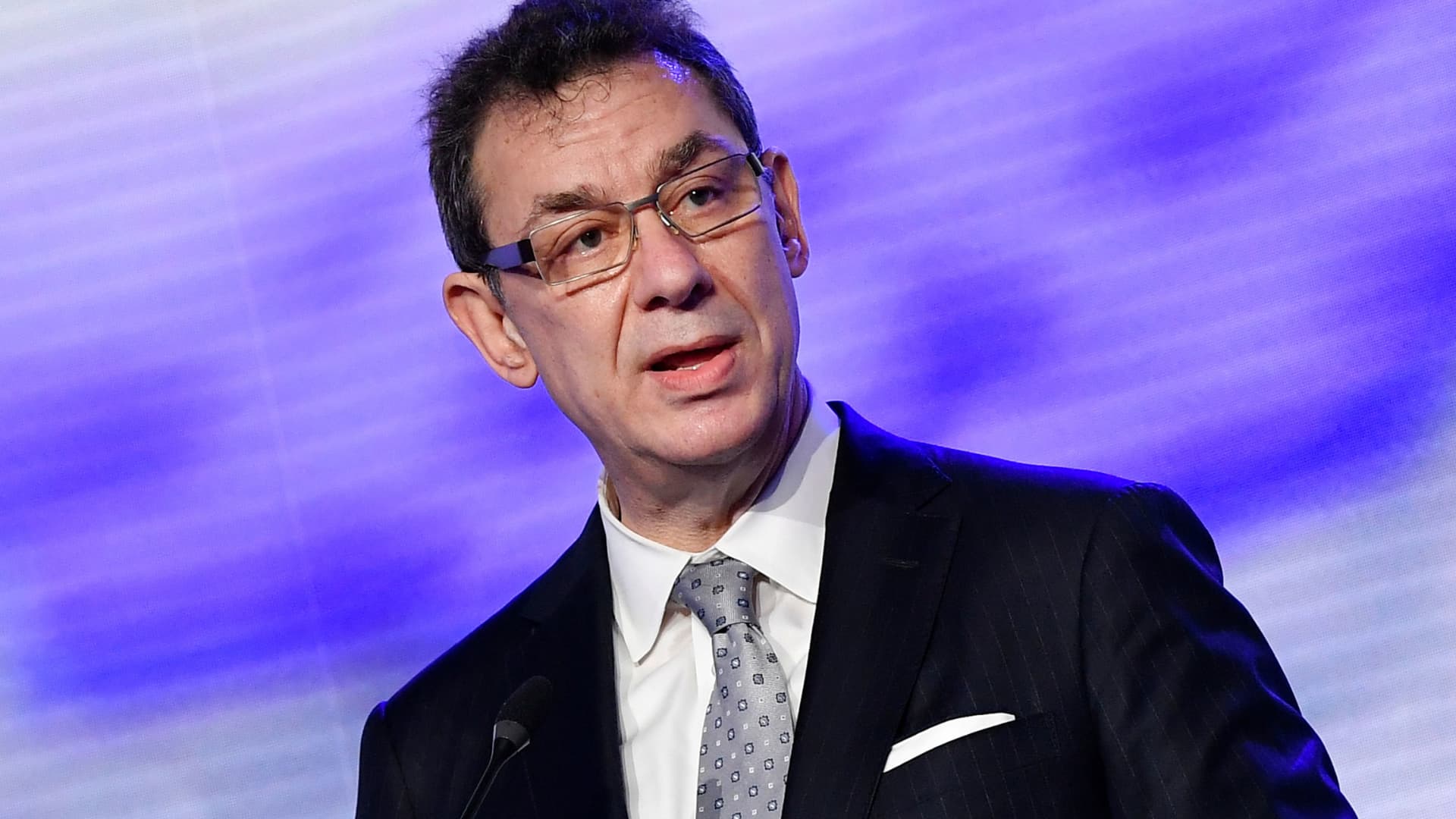

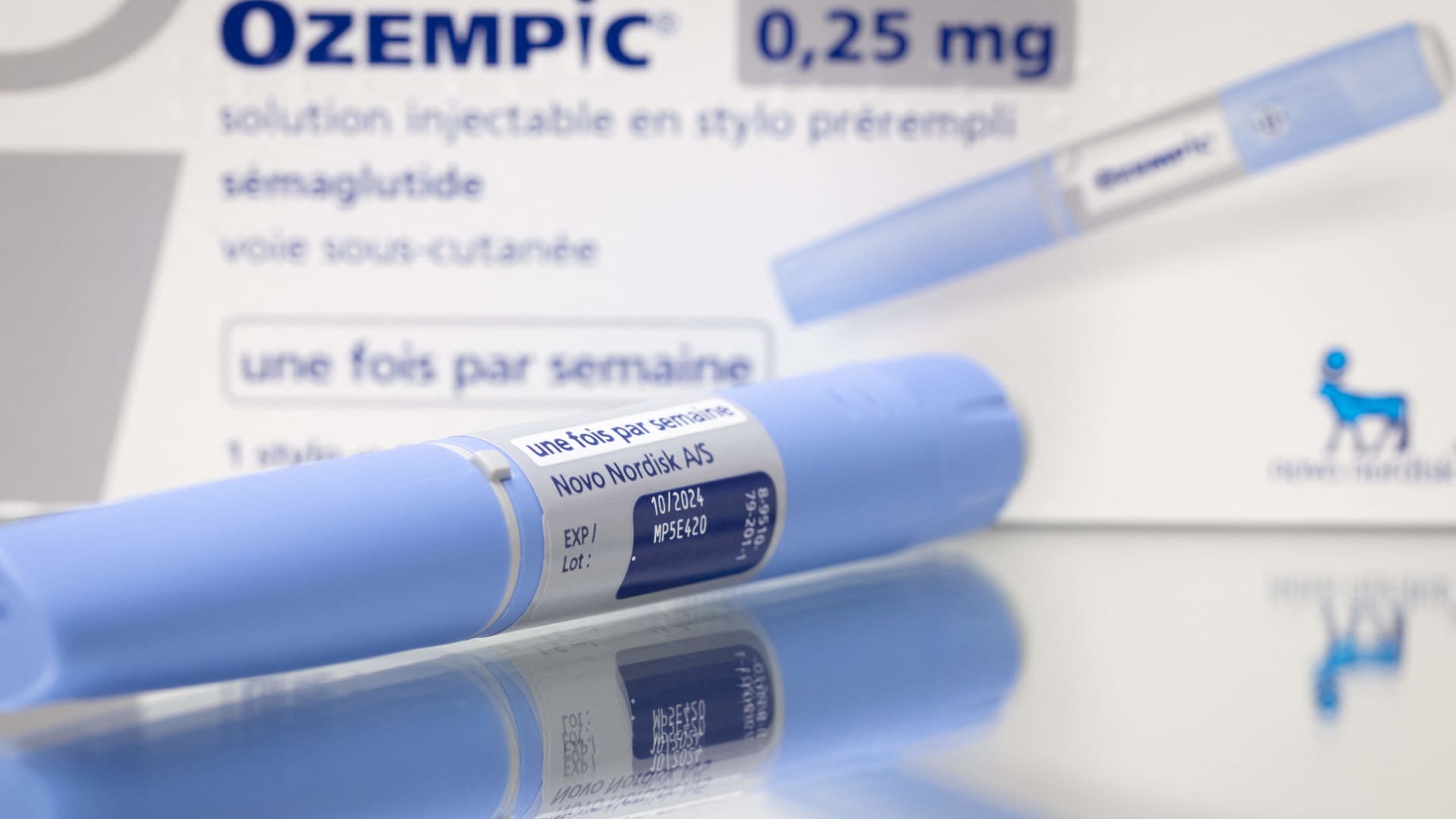
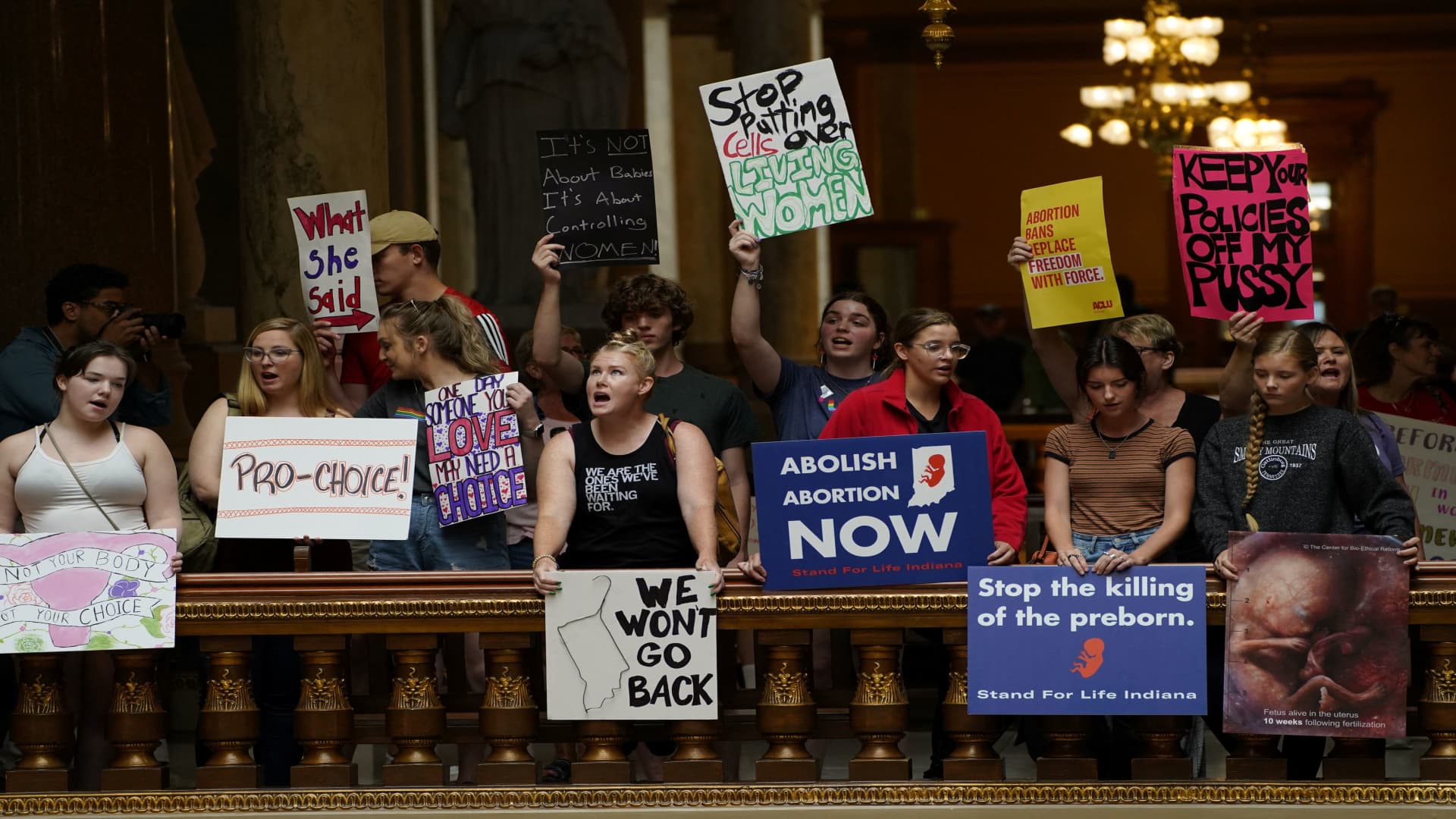












.jpg&h=630&w=1200&q=100&v=f776164e2b&c=1)





